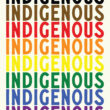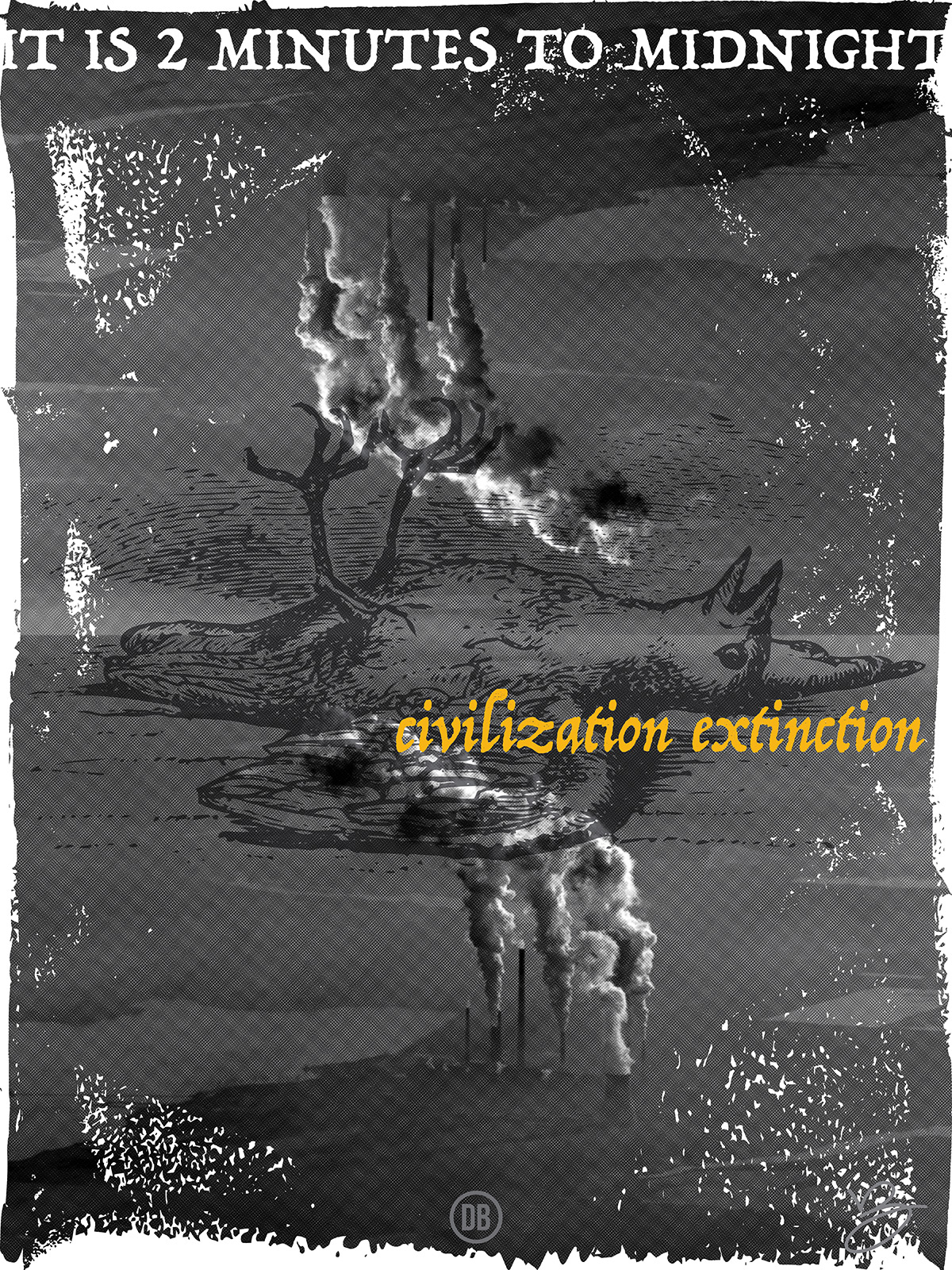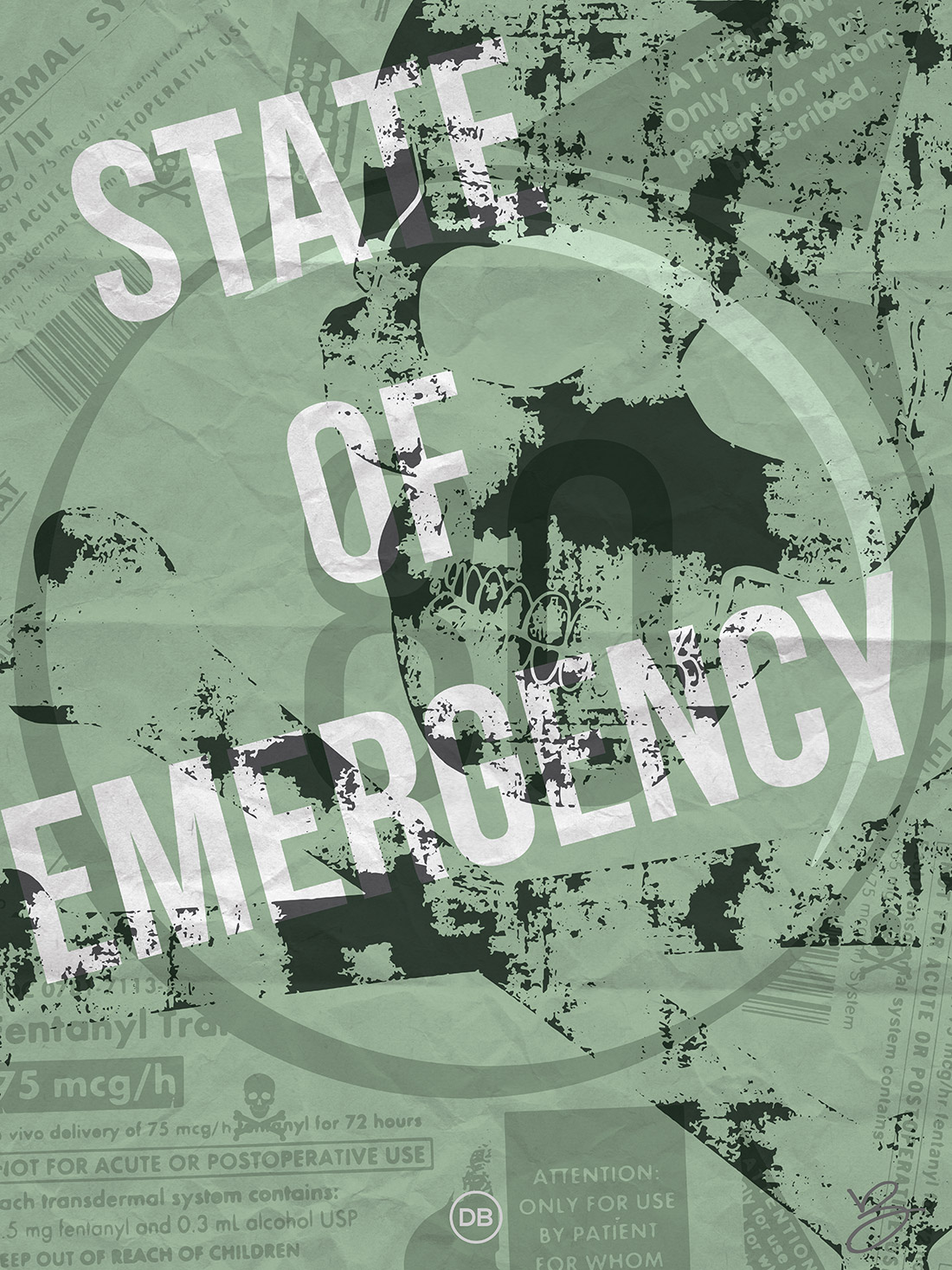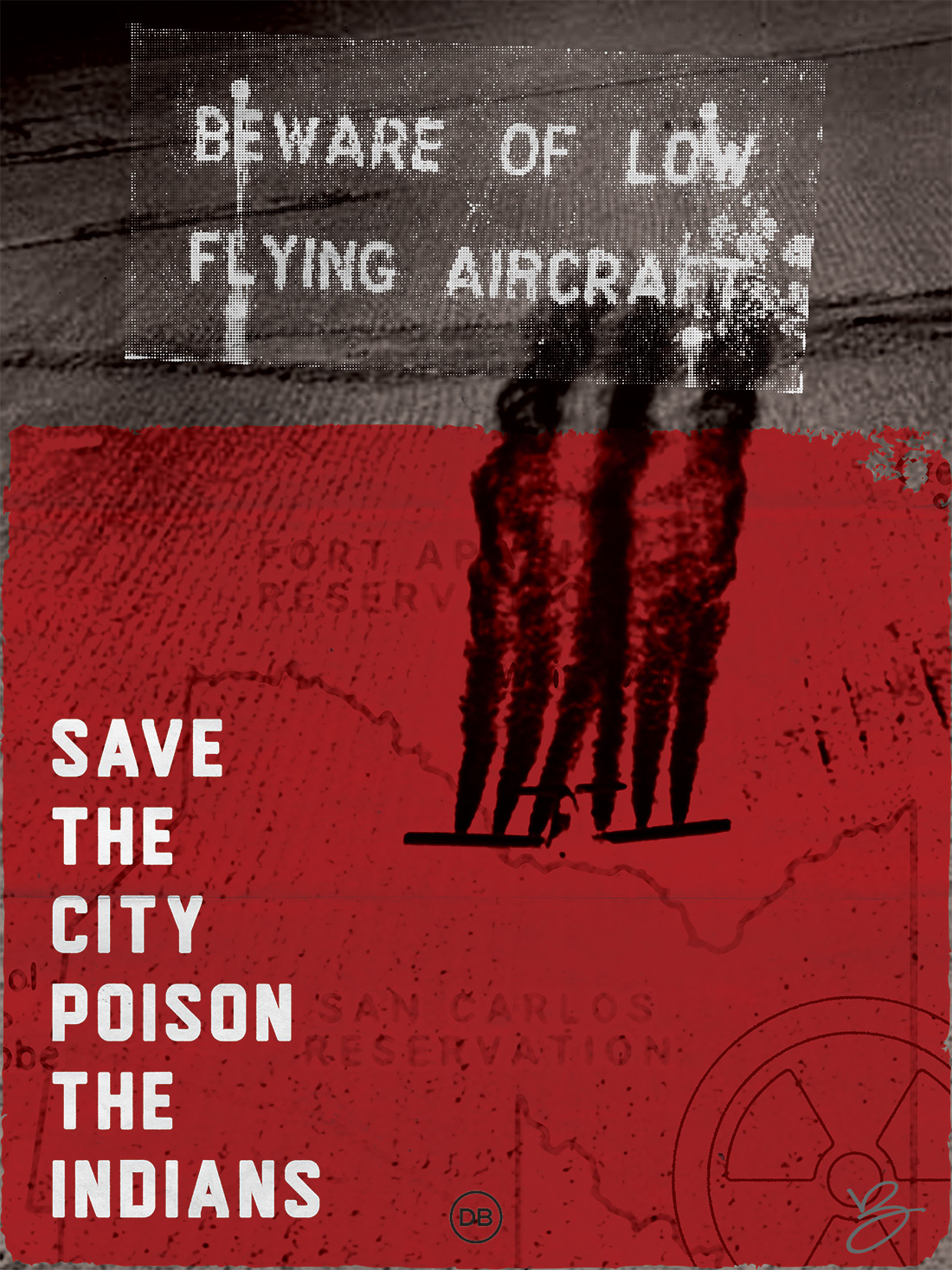Articles
“Indigenous people in Canada and scientific communities say the findings in the UN’s first comprehensive report on biodiversity are troubling, but not surprising.
“Our elders have been talking to us about an extinction event for many years now. My uncle sang a song of sacred urgency to me years ago, and that sacred urgency has stayed in my heart since then,” said Eli Enns, a Canadian expert in biocultural heritage and member of the Tla-o-qui-aht First Nation on Vancouver Island.
“So this report is a reaffirmation of what we know,” he told The Current’s guest host Matt Galloway.
The UN report, released Monday, paints a grim picture for over one million species of plants and animals, which are at risk of extinction — many within decades, UN scientists say. The report emphasizes that a radical shift in conservation efforts is needed to mitigate a mass species extinction.”
“A few years ago, a team of researchers in Europe wanted to figure out the answer to a simple question: How long would it take for evolution to replace all the mammal species that have gone extinct in the time humans have walked the earth?
Some 300 mammal species have died off since the last ice age 130,000 years ago. Their answer: It would take 3 to 7 million years for evolution to generate 300 new species. Humans have been around for about 200,000 years. That’s a blink of an eye in terms of the age of the planet. Nevertheless, in that time, we have caused damage that may well last longer than our species itself.
I bring up that study because it’s helpful to understand the implications of a new, separate, sweeping report from the United Nations. The lesson: The damage we do to biodiversity in our lifetimes may never really be undone.
On Monday, the UN’s Intergovernmental Science-Policy Platform on Biodiversity and Ecosystem Services released a summary of an upcoming 1,500-page report on the state of biodiversity on Earth. The report has 145 authors from 50 countries, and it sums up about 15,000 scientific papers on the threats against life in the age of humans. (The report itself has not yet been released. On Monday, the UN released a 40-page summary of its findings for policymakers and the media.)”
– Vox, A million species are at risk of extinction. Humans are to blame.
Download
Download the 18″x24″ poster (.pdf), Indian Country 52 #19 – Extinction.
Close Ups



Indian Country 52
Indian Country 52 is a weekly project by David Bernie that uses the medium of posters that promote issues and stories in Indian Country. Follow the series: Indian Country 52
Creative Commons License

This work by David Bernie is licensed under a Creative Commons Attribution-NonCommercial-NoDerivatives 4.0 International License. You may download, share, and post the images under the condition that the works are attributed to the artist.










